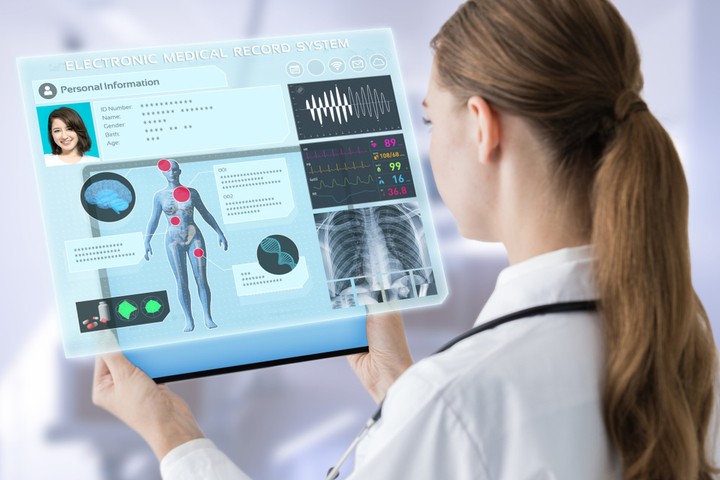
Why Choose a Hospital with Remote Patient Monitoring Technology?
When selecting a hospital for treatment, patients consider various factors like expertise, comfort, and technology. One increasingly attractive feature is the presence of Remote Patient Monitoring (RPM) technology, which allows doctors to monitor patients in real-time, even outside traditional hospital settings. This technology not only provides convenience but also contributes to better healthcare outcomes. Here’s why RPM technology might be the right choice for patients seeking enhanced care and peace of mind.
Continuous Monitoring and Faster Response Times
Traditional healthcare requires patients to be physically present at a hospital for check-ups, tests, or treatments. With RPM technology, however, patients can be monitored from anywhere, giving healthcare providers continuous insights into their health.
For chronic conditions, such as heart disease, diabetes, or respiratory issues, RPM can detect early warning signs of complications, enabling a quicker response. Hospitals with RPM are thus equipped to respond promptly to issues before they escalate, potentially preventing hospital readmissions and avoiding unnecessary emergency room visits.
Personalized and Data-Driven Care
Remote patient monitoring collects valuable data from patients over time. Hospitals with RPM technology can leverage this continuous data stream to personalize treatment plans based on specific trends in a patient’s health metrics. For instance, RPM can track blood pressure, glucose levels, oxygen saturation, and more, providing physicians with precise data to tailor interventions to a patient’s unique needs. As a result, the care received in an RPM-equipped hospital is data-driven, accurate, and highly customized, which can enhance the effectiveness of treatment.
Improved Patient Engagement and Empowerment
Hospitals using RPM foster a sense of empowerment in patients, encouraging them to take an active role in their health management. By providing patients with real-time feedback on vital signs and health metrics, RPM encourages patients to adhere to lifestyle changes or medication regimens.
Some hospitals integrate RPM with mobile apps that display health data to patients, helping them visualize their progress. This level of engagement promotes a collaborative doctor-patient relationship, where patients feel more accountable and informed about their health journey.
Reduced Hospital Stays and Lower Healthcare Costs
One of the primary benefits of RPM is that it reduces the need for extended hospital stays by enabling effective outpatient monitoring. Patients with chronic conditions or post-surgical care requirements can often recover at home while remaining connected to their care team. Fewer days in the hospital translates to lower costs for patients and minimizes exposure to hospital-related infections.
Moreover, early intervention facilitated by RPM can prevent complications, reducing the frequency of expensive, critical-care interventions. Hospitals with RPM technology provide a cost-effective and safe approach to health monitoring, particularly for those with chronic or high-risk conditions.
Enhanced Quality of Life for Patients
Remote patient monitoring allows patients to maintain a higher quality of life by minimizing the disruption of regular visits to the hospital. For elderly patients, those with mobility issues, or those in remote areas, RPM can mean the difference between constant trips to the hospital and comfort at home with the security of continuous monitoring.
Patients can feel assured that their health is in check without constantly interrupting their routines. In essence, RPM-equipped hospitals offer patients the comfort of receiving attentive care without being confined to a hospital bed.
Conclusion
Remote patient monitoring technology is transforming the patient experience and setting new standards in healthcare. Choosing a hospital with RPM technology represents a commitment to patient-centered care, making it an increasingly popular choice for patients seeking modern, effective healthcare solutions.

Comments (0)